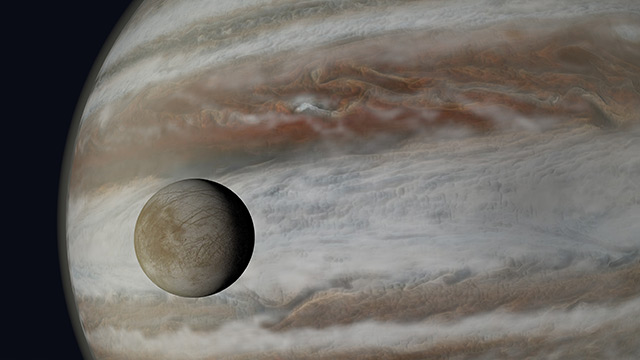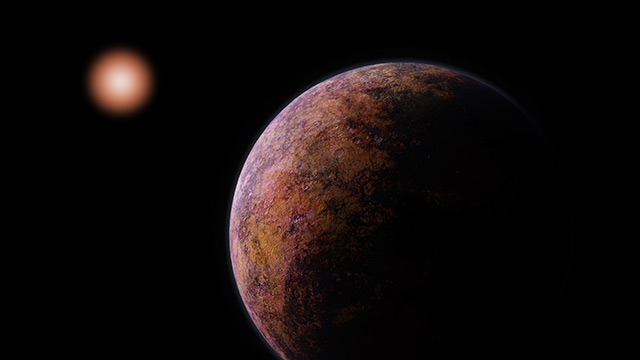Astronomy abandons our preconceived notions of the universe, somewhere between the horizon of a black hole and its singularity. That is, at least, what the insights of famed physicist Stephen Hawking has achieved upon publishing a paper, which attempts to demonstrate that information locked inside a black hole is not forever shackled to the abyss.
The paper titled “Soft Hair on Black Holes” has since been published online. It attempts to resolve, what is known as, the information paradox. According to general relativity, information sucked inside a black hole is forever lost. According to quantum mechanics, however, information sucked inside a black hole is not completely lost but must be stored somewhere else. Hawking and his colleagues try to solve –or better yet, dissolve – this seeming paradox using “concrete tools.”(1)
Last year, Hawking hinted that black holes may not be the eternal prisons we vision them to be, but could, in fact, leak information. The 74-year-old physicist has since expounded upon this idea using zero-energy particles, known as soft hairs, which could teeter on the horizon of a black hole and leak information.
Black holes aren’t so black after all
“This has been an outstanding problem in theoretical physics for the last 40 years…no satisfactory resolution has been advanced,” Professor Hawking said. “I propose that the information is stored not in the interior of the black hole as one might expect, but on its boundary – the event horizon,” he added.(1)
In the 1970s, Hawking suggested black holes could radiate particles and that energy was lost in the process, inevitably causing the three-dimensional hole to shrink. Last year, Hawking modified the theory by stating black holes were actually grey.
According to the grey hole theory, matter and energy are held for a period of time before they are released back into the universe. Hawking claims the idea of an event horizon – a boundary in space time, beyond which events cannot affect an outside observer – is flawed. Instead, light rays trying to travel away from the black hole are held back, and can slowly shrink by releasing radiation.
In collaboration with physicists Malcolm Perry and Andrew Strominger, the researchers claim soft hairs could linger on the black hole’s horizon. According to the physicists, soft hair is like a record that captures and stores information taken from particles, as they fall into the black hole. In theory, the information lost in the black hole could be preserved in an alternative universe.
“The answer I propose is that the information is stored in a super translation of the horizon that the in-going particles caused,” explained Hawking. “The information about in-going particles is returned, but in a chaotic and useless form…for all practical purposes the information is lost. The theoretical physicist likened the return of information to a burned encyclopedia, where information wouldn’t technically be lost, but would be incredibly hard to decipher.”(1)
Solving the information paradox
The zero energy particles on the edge of the black hole capture and store information from the stripped particles. Even though the particle is lost, the information would create a hologram of the original particle. The radiation bleeding from the black hole would carry some information stored on the event horizon, thereby solving the information paradox.
Despite these new calculations, however, a complete understanding of how the holographic plate might work has yet to be fully developed.
“A complete description of the holographic plate and resolution of the information paradox remains an open challenge, which we have presented new and concrete tools to address,” the authors of the study concluded.(1)
Sources include:
(1) DailyMail.Co.Uk
















